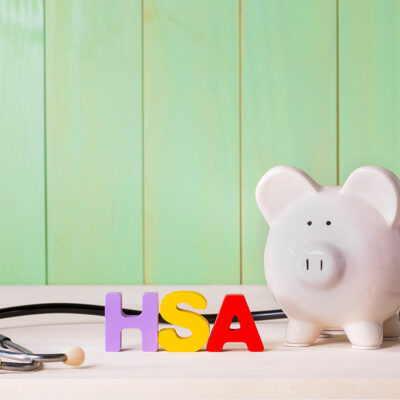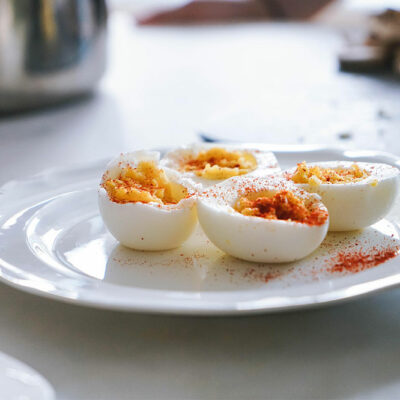
Common Dietary Mistakes to Avoid with IBS
Irritable bowel syndrome or IBS affects millions of people all over the world and makes them suffer from abdominal issues like bloating, diarrhea, constipation, and cramps. When you have been diagnosed with IBS, you will find that some foods can worsen symptoms. You need to be aware of these common dietary mistakes when suffering from IBS.
Such triggers may be different for different people, and you cannot have one checklist of foods to avoid in IBS. If you can identify and prevent these common dietary mistakes when suffering from IBS, you can ensure that cramps are fewer, bloating is regulated, and bowel movements are improved.
Following are the dietary mistakes that an IBS patient should completely avoid:
Insoluble fiber
Fiber will add healthy bulk to a diet, and you can get your daily dose of fibers from fruits, vegetables, and whole grains. But insoluble fiber can worsen diarrhea in people suffering from IBS. So, choose foods with soluble fiber like root vegetables such as carrots, grains like oatmeal or barley, fruits like mangoes and berries, grapefruits and oranges, and legumes such as peas.
Gluten
Gluten intake may worsen IBS condition and grains like wheat, rye, and barley contain gluten. Some people are even allergic to this protein, and the condition is called celiac disease. Many people with irritable bowel syndrome are found to be gluten intolerant; so, they should stick to gluten-free diets to alleviate symptoms.
Fried food items
The high-fat content in fried foods can be detrimental to people having IBS symptoms. When you cook food, it can alter the chemical composition of the foods and make these harder to digest. Baking or grilling your meals is a better and safer option for IBS patients.
Dairy foods
Dairy products can cause problems because they contain fat, which triggers diarrhea, and many IBS-affected people are also lactose-intolerant. So, you should choose dairy food alternatives like soy cheese or rice milk.
Processed foods
People with IBS should avoid processed foods. They contain preservatives and additives which work as triggers. So, one of the mistakes that you should avoid if you have IBS is eating premade frozen meals and chips. Instead, you should try to prepare meals fresh on your own.
Fiber and protein -rich foods
Legumes and beans may be great sources of fiber and proteins but they are found to worsen IBS symptoms. Beans can make stools bulkier and cause constipation; it can also lead to bloating, gas, and abdominal cramps.
Caffeinated drinks
They are best avoided when you have IBS because the coffee will have a stimulating impact on intestines causing diarrhea. Energy drinks, sodas, and coffee contain high levels of caffeine, which can trigger the condition.
Sugar-free sweeteners
This will not benefit people with IBS in any way; instead, they can worsen the conditions. These are known by names like artificial sweeteners, sugar substitutes, or polyols, and you will find these in gum, sugarless candies, diet drinks, and mouthwash. These foods contain sucralose, aspartame, and acesulfame potassium which are hard for your body to digest.
Sugary foods
Chocolate candies and bars can also trigger IBS and are best avoided. These are rich in sugar and caffeine content, and many IBS patients experience constipation on consuming these foods.
Alcohol
Alcoholic beverages need to be avoided when you have IBS because of digestive issues; beer has gluten that is risky while wine contains natural sugars.


